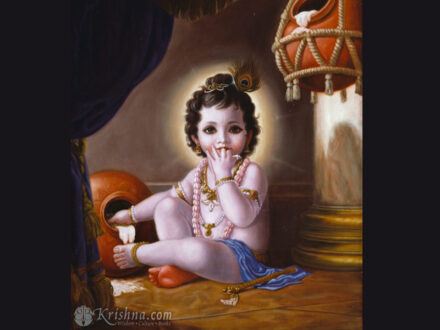
When my son was between a year and a half and two years of age, he loved sitting and hiding in unlikely places — cupboards, laundry baskets, packing boxes, suitcases, under coffee tables, and beds. Basically, if he could climb or squeeze into a place, he would explore the possibility of settling there. At one time, he got into a plastic bucket. My brother lifted the bucket — baby and all — on his head and went around the house shouting, “Cheenu, le lo, koi chota cheenu le lo.” (Come buy, little Cheenu). All the while, my boy sat most comfortably in the basket, showing no inclination to come out while all of us tried striking a deal with the seller. The innocuous games children play often become a source of poetic inspiration.
Buying and selling are intrinsic activities of the material world. How does one negotiate with this aspect in devotion? The one lost in the thoughts of the divine stands severing ties with the material world. Sometimes though, the devotee might turn the idea of a transaction on its head. Consider Mirabai’s pada (verse) “Maine linho Govind mol ri mai.” (O mother, I have bought Govinda). Mira began to see Krishna everywhere and in every person.
In another pada, she imagines a woman cowherd going around selling her wares — yogurt, buttermilk, or butter. Just that lost in the thoughts of Krishna she forgets to sell her goods and cries out, “Come, buy Krishna” instead. The bhajan beautifully paints the moment of oneness even as the cowherd woman carries on with her worldly duties. Rendered in the mellifluous voice of Pandit Channulal Mishra, this bhajan is sure to melt the hearts of listeners. Here are the lyrics in Hindi along with the meaning in English
Sir dhare matakiya dole re.
(She goes around with a small pitcher on her head )
Koi shyam manohar le lo re.
(Come buy, my beautiful Shyam (Krishna).
Dadhi ko naam bisar gayi gwalun.
The Gwalan (lady cowherd) forgot she was selling yogurt,
Hari lo, Hari lo bole re.
(She cries out, “Come buy Hari, Come buy Hari.)
Krishna ke roop chhaki hain gwalan,
(The Gwalan is intoxicated by Krishna’s form and features.)
Aur hee aur bolen re..
(They know not what they are speaking.)
Meera ke prabhu Girdhar Nagar
Meera’s God, her beloved is Girdhar Nagar (Krishna).
Cheri bani bin moley re.
I became his slave without a price or transaction.


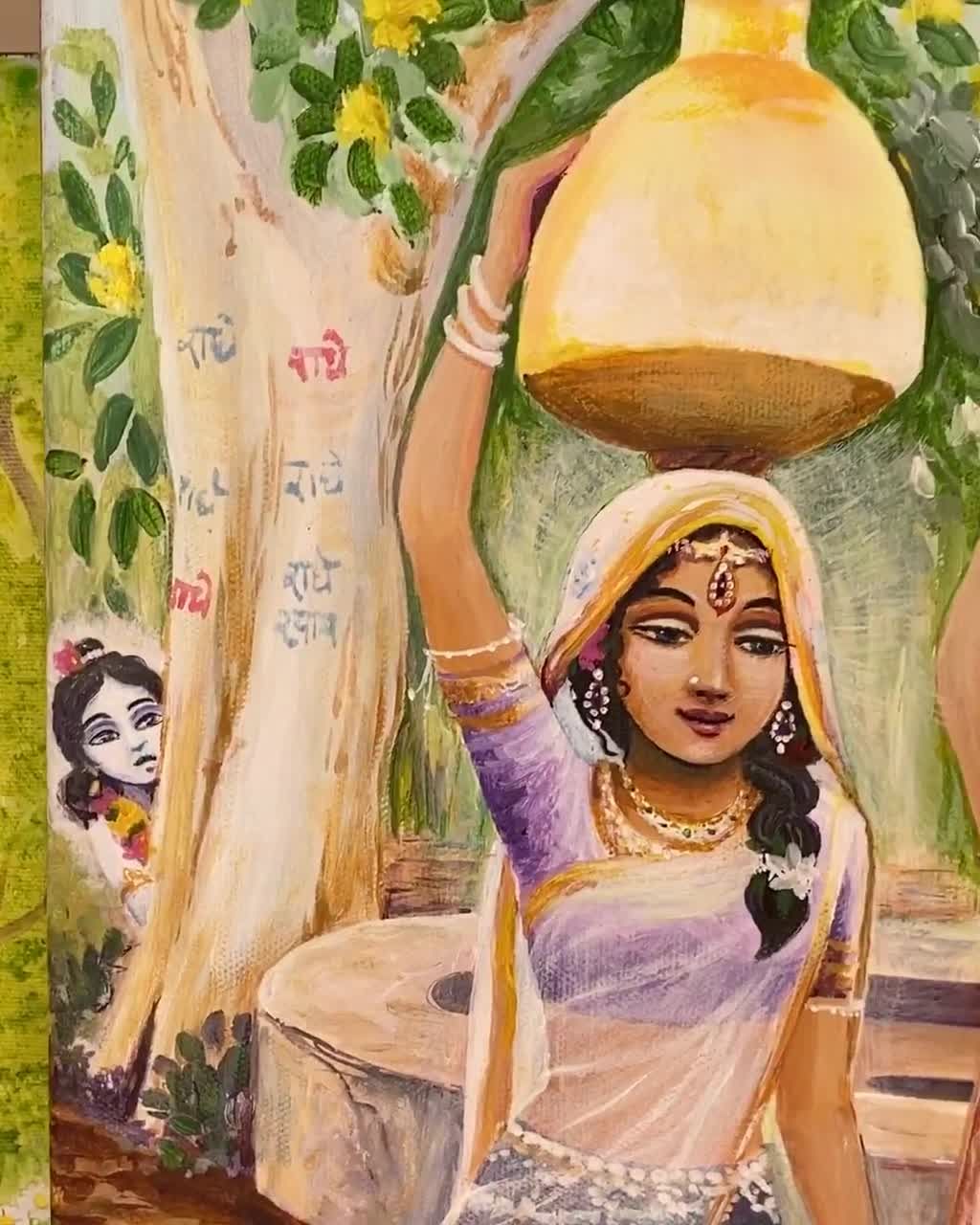
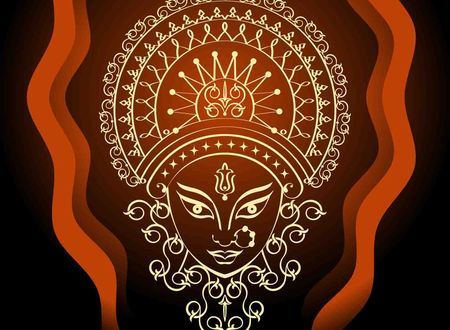
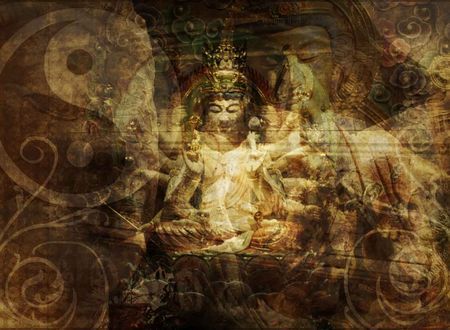

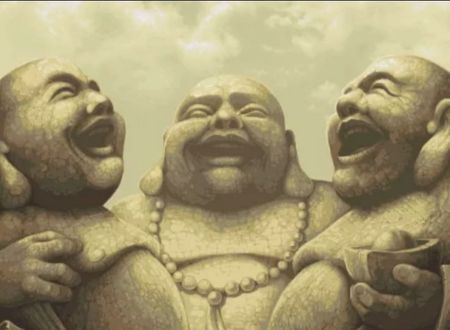
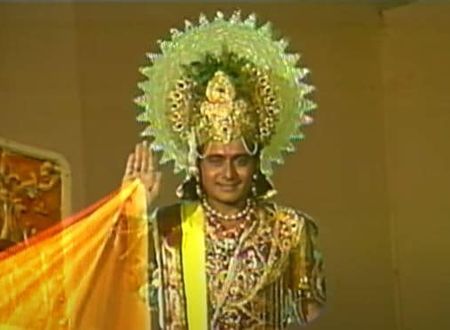


Comments & Discussion
14 COMMENTS
Please login to read members' comments and participate in the discussion.